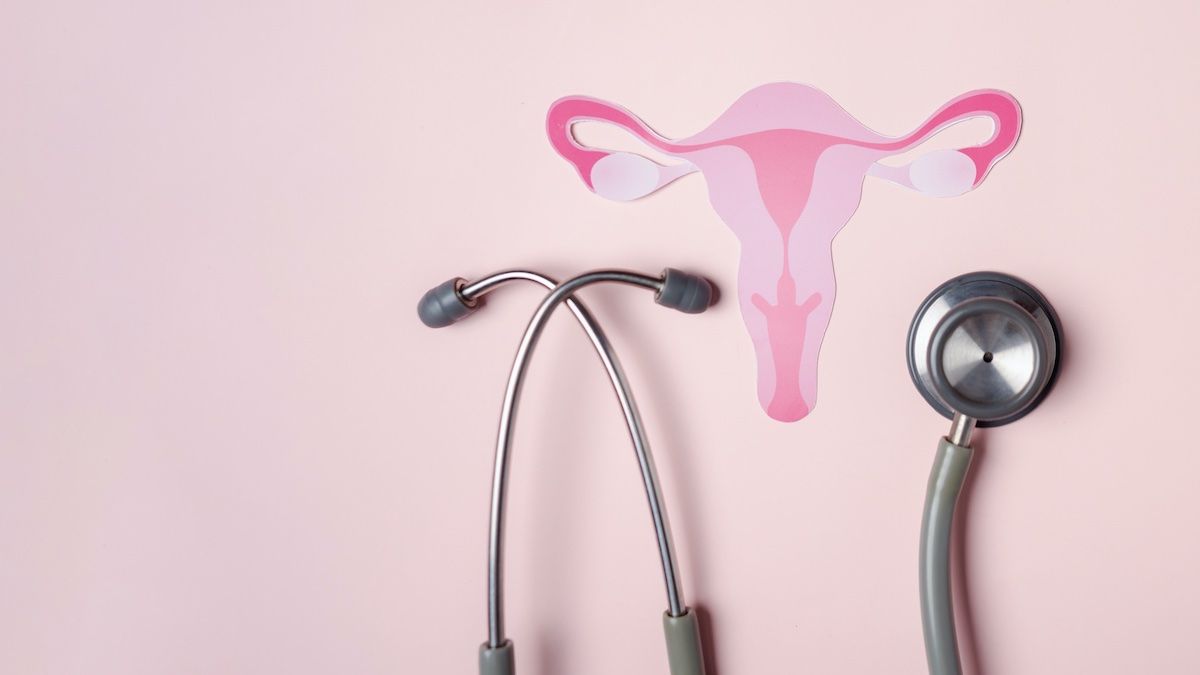What are the signs of endometriosis?
Dr. S.:
The main symptom is painful periods, but there can also be pain with bowel movements, urinating and sex. Those are the four key symptoms. A fifth one is what we call chronic pelvic pain — pain that’s just always there.

Dr. Sony Singh is an Ottawa-based gynecologic surgeon, professor and surgical director at the Shirley E. Greenberg Women’s Health Centre at The Ottawa Hospital. SUPPLIED
How do people develop endometriosis? What are the risk factors?
Dr. S.:
Anybody with ovaries and a uterus — women, transgender men — can potentially be affected, starting as soon as they start their periods to the time of menopause. In rare cases, before and after that as well. The risk factors we know of include a family history of the disease, as well as infertility and those with pelvic pain.
Most of the patients we see are probably in their 30s, however, that doesn’t mean they didn’t have symptoms. There’s often a delayed diagnosis of at least seven to 10 years from the time a person experiences symptoms of endometriosis to the time they actually get the care they need. The message I want to communicate is it could happen at any age. And although there is more awareness of the disease, the pandemic has added a two to three-year wait period to surgeries, as well as consultations for diagnosis.
Are there lifestyle choices that can help prevent or treat endometriosis?
Dr. S.:
There really isn’t anything that has been proven to prevent endometriosis. I think that’s very sad. It’s also important to recognize that it’s never anybody’s fault. It’s not a sexually transmitted disease, or something that develops because of poor lifestyle. It is likely genetic and might have some environmental implications that we still don’t understand. That said, there are lifestyle modifications that can help manage the symptoms of endometriosis, like exercise, mindfulness, meditation, and yoga. Diet changes can help too, and although there’s no specific diet that’s right for everybody, you can choose foods that don’t exacerbate of symptoms. We also recommend social interactions, support networks, physiotherapy and good sleep.

